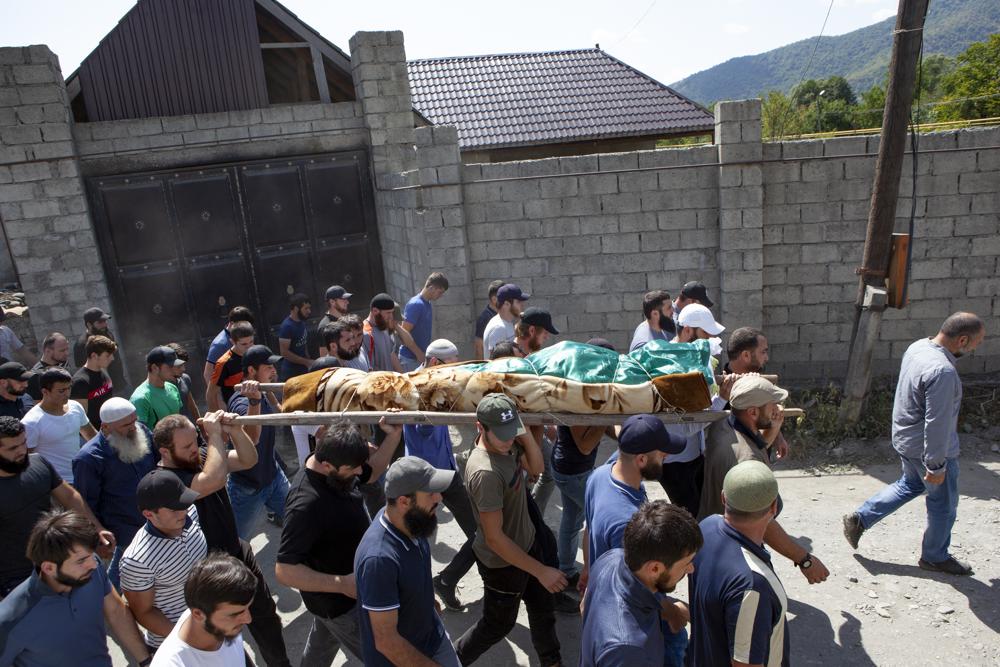BERLIN : Germany announced Wednesday it is expelling two Russian diplomats after a German court concluded that Moscow was behind the killing of a Chechen man in Berlin two years ago.
Foreign Minister Annalena Baerbock called the state-ordered killing a “grave breach of German law and the sovereignty of the Federal Republic of Germany.” Russia’s ambassador in Berlin was summoned to discuss the court’s finding and informed of the diplomats’ expulsion, she said.
The 2019 brazen daylight killing of Zelimkhan “Tornike” Khangoshvili, a 40-year-old Georgian citizen of Chechen ethnicity, sparked outrage in Berlin and prompted the German government to expel two other Russian diplomats at the time — a move Russia swiftly reciprocated.
The two diplomats being expelled now are linked to Russian intelligence agencies.
Judges at Berlin’s regional court on Wednesday convicted 56-year-old Vadim Krasikov of the killing, but said he had acted on the orders of Russian federal authorities, who provided him with a false identity, a fake passport and the resources to carry out the hit near Berlin’s Kleiner Tiergarten park on Aug. 23, 2019.
“The central government of the Russian Federation was the author of this crime,” presiding judge Olaf Arnoldi said, labeling the killing “state terrorism.”
Witnesses saw the suspect throw a bike, a gun and a long, dark wig into the Spree River near the scene and alerted police, who quickly arrested him before he could make off on an electric scooter.
The court concluded that the killing wouldn’t have been possible without unidentified helpers in Berlin, that Moscow had a motive for targeting the victim, and that Russian law permits the killing of alleged terrorists, including abroad, if authorized by the president.
“If a business card belonging to a member of the Russian federal government had been found at the scene of the crime, it couldn’t have been more damning,” Arnoldi said.
The ruling, which can be appealed, marks a new low point in Germany-Russia relations that are already fraught over Ukraine, Russian cyberattacks and Berlin’s support for Kremlin critic Alexei Navalny.
“We are seeing that Russia views Germany as an adversary and doesn’t seem interested in engagement,” said Stefan Meister, a Russia expert at the German Council on Foreign Relations think tank in Berlin.
German Chancellor Olaf Scholz’s new government is still trying to find its foreign policy footing with Moscow, but the verdict and the growing tensions over Ukraine could increase domestic pressure for Germany to reconsider its support for the Nord Stream 2 pipeline that is to bring gas from Russia straight to Germany, bypassing Ukraine, said Meister.




